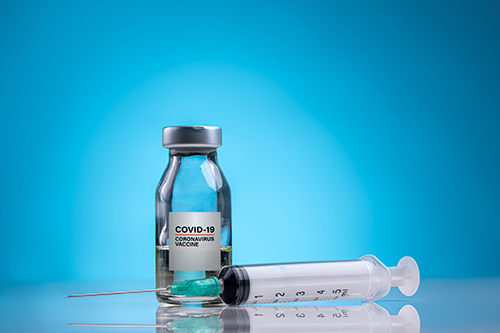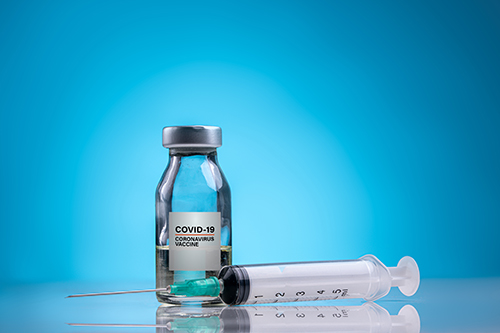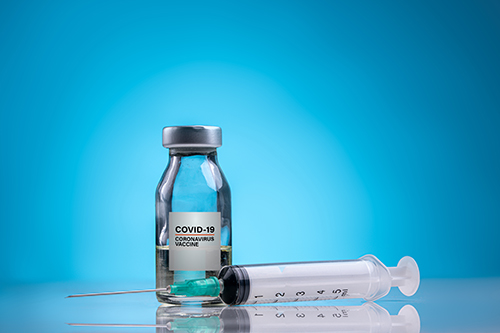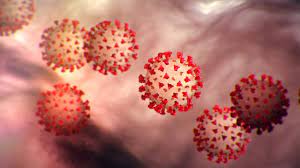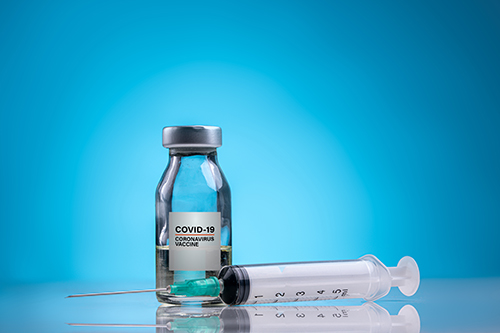The Latest from Washington
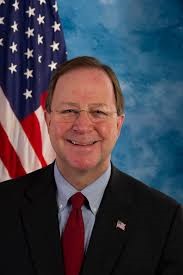 I issued the following statements regarding House passage of H.R. 2339, a flawed bill related to tobacco and vaping; the passage of a supplemental appropriations bill to fund the Coronavirus response; and the 2020 Congressional Art Competition.
I issued the following statements regarding House passage of H.R. 2339, a flawed bill related to tobacco and vaping; the passage of a supplemental appropriations bill to fund the Coronavirus response; and the 2020 Congressional Art Competition.
Partisan House Attempt to Raise Your Taxes and Reduce Consumer Choice
Last week, I voted against H.R. 2339, a flawed and partisan bill which would have been better titled the ‘Flavored Tobacco Ban and Excise Tax Increase.’ While this bill claims to crackdown on access to tobacco for kids, it effectively does nothing to address youth vaping or youth tobacco use. Last year, Congress took meaningful steps to crack down on youth smoking by increasing the legal age of purchase for tobacco products to 21. This was done on a bipartisan basis and experts agreed was an important step to reduce youth tobacco use.
Youth access and use of e-cigarettes and vaping products have increased, however, H.R. 2339 is not a real solution. Instead, the bill reduces consumer choice for millions of adult Americans. The bill bans e-cigarettes, which have helped reduce more harmful smoking among adults by providing an alternative to combustible cigarettes. If flavored e-cigarettes are banned, as this bill does, many of these ex-smokers will simply return to traditional cigarettes while others will be forced into the dangerous e-cigarette black market that this legislation creates.
Addressing youth vaping is a goal that President Trump and Congress share. To deal with this issue, last year, Congress took meaningful steps to crack down on youth smoking by increasing the legal age of purchase for all tobacco and vaping products to 21. This was done on a bipartisan basis and experts agreed it was an important step to reduce youth tobacco use. Unfortunately, H.R. 2339 was another partisan messaging bill by House Democrats to appease their liberal base. Instead, Congress should address the issues that hardworking Texan families care about most – border security, immigration, prescription drug prices, health care reform, pandemic disease defenses, and infrastructure.
Congress Passes Coronavirus Supplemental Appropriations Legislation
On Wednesday, I voted in support of legislation to provide emergency funding to state and federal authorities to deal with the emergence of the COVID-19 Coronavirus. Passage of this supplemental funding bill will allow federal, state, and local government agencies to combat the virus at home and abroad, including expediting vaccine development, purchasing essential testing equipment and supplies, and robust coordination with healthcare providers and pharmaceutical companies. This bill includes over $4 billion to make much needed diagnostic tests more broadly available, $2.2 billion to the CDC, nearly $1 billion for state and local response efforts, and $1.3 billion for the State Department and the U.S. Agency for International Development to protect Americans abroad and to prevent the spread of the virus worldwide.
As I write this, 227 cases and 12 deaths from the Coronavirus have been confirmed in the United States. While these statistics are important, it is wise to keep them in perspective. For example, according to the Centers for Disease Control and Prevention (CDC), since October 2019, between 32 and 45 million Americans have been diagnosed with the flu which has caused between 18,000-46,000 deaths. These numbers are staggering compared to the Coronavirus, but are lower than any flu season so far since the CDC began reporting flu season statistics in 2010.
Today, the CDC and National Institutes of Health (NIH) are better able to detect the virus and accelerate testing for a vaccine because of the support of Congress. Since 2015, Congress has increased NIH funding by 39 percent, CDC funding by 24 percent, and advanced biomedical research by 35 percent. Also, since 2015, NIH has received more than $23 billion dedicated to the study of infectious diseases.
The United States has never been more prepared to handle the Coronavirus. In the last 20 years, the federal government has dealt with outbreaks of Severe Acute Respiratory Syndrome, Middle East Respiratory Syndrome, West Nile Virus, and Ebola. Each of these diseases originated internationally and spread to the United States. They have tested the limits of our pandemic defenses, and each time America has risen to the challenge and, ultimately, eliminated each threat.
While we are developing cures and vaccines for Coronavirus, the best things that Texans and their families can do is use common-sense prevention methods recommended by the CDC. If you are feeling sick, stay home, cover your mouth when you sneeze, and vigorously wash your hands with warm water and soap for at least 20 seconds. If you are not able to wash your hands, use hand sanitizer. Taking these steps will make it much less likely that you get sick. Also, persons who are “high risk” (elderly and/or compromised immune systems) should avoid situations where they could be exposed to Coronavirus or other similar infections.
Based upon the information above and after receiving numerous briefings from federal government, healthcare, and pharmaceutical experts, I believe that the bottom lines are as follows – first, the US is the best-prepared nation in the world to deal with this virus; second, the current risk for Americans in low; third, we need to be vigilant and practice good personal hygiene protocols; and lastly, there is no need for panic or political gamesmanship.
Congressional Art Competition
Last week, my office began accepting entries for the Congressional Art Competition. The Congressional Art Competition is an annual contest that encourages and recognizes the artistic talents of students from each participating Congressional District. Since 1982, high school students from around the country have competed in the competition to have their artwork shown in the U.S. Capitol.
The Congressional Art Competition creates a great opportunity for aspiring and passionate Central Texas high school students to showcase their artistic talents. Past winners have enjoyed visiting the Capitol to see their artwork on public display and to meet other winners from around the country.
One winner will be chosen to represent the 17th Congressional District. The winner will receive two round-trip airline tickets to Washington, DC in June to attend the unveiling of their artwork in the Capitol and a reception honoring the winners.
The deadline to submit artwork is Tuesday, March 31, 2020. All entries submitted must be original in concept, design, and execution. For further information, guidelines and submission forms for the Congressional Art Competition you may contact Miranda Henderson in our Bryan/College Station District office at 979-703-4037 or visit https://flores.house.gov/constituent-services/art-competition.htm



